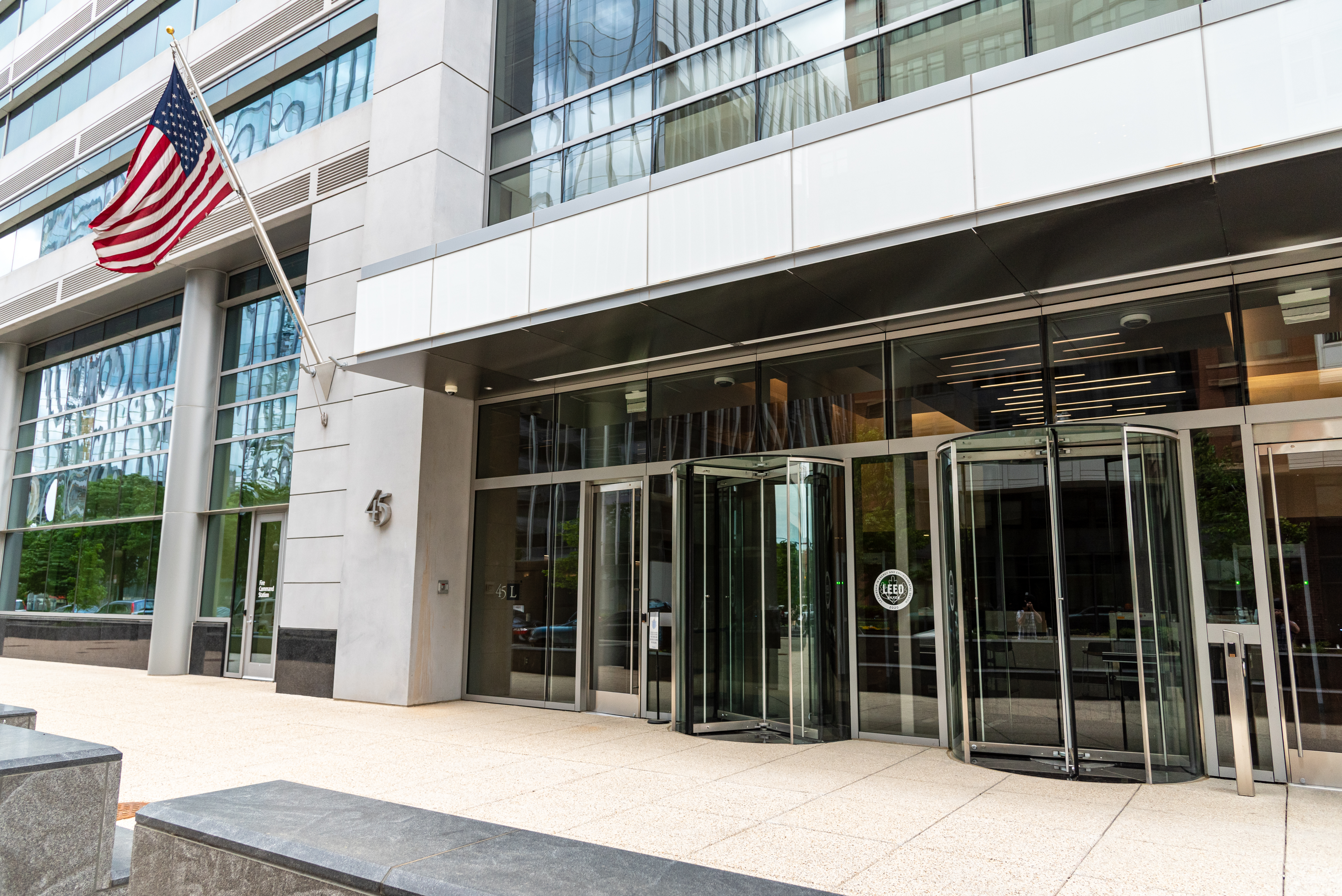House votes to up broadcast fines, as Senate tries again on ownership cap
The House of Representatives voted last week to increase penalties on broadcasters and performers who violate federal indecency standards. In a vote of 391-22, the lawmakers decided to raise fines to $500,000 for the holders of broadcast licenses and for entertainers, from $27,500 and $11,000, respectively.
The legislation would also force the FCC to act more quickly on complaints and move to revoke the licenses of repeat offenders. The bill, covering just content broadcast over the public airwaves and not cable or satellite programs, was strongly backed by the White House.
Many in Congress supported the legislation despite wide doubt about the constitutionality of fines against performers appearing on television and radio.
A similar measure is being considered in the Senate, however it would stymie plans by the White House and the FCC to adopt new media ownership rules that allow a greater corporate consolidation of radio and TV station ownership. The current Senate bill would have to be reconciled with the House measure, which omits any media ownership provisions.
The Senate version would restore the prior ownership cap on stations owned by major networks, including ABC, NBC, News Corp. and Viacom. Last summer, the FCC raised the cap to let networks own a collection of TV stations that reach 45 percent of the national audience. Congress later lowered the cap to 39 percent.
Under an amendment sponsored by Sen. Byron Dorgan, (D-N.D.), the cap would be returned to its original limit of 35 percent, pending a government study on whether increasing media consolidation has led to a rise in indecency. Dorgan is a fierce critic of the FCC’s new media ownership rules. His amendment passed by a 13-10 margin, with some opponents arguing that its inclusion could threaten passage of the broader indecency bill by the entire Congress.
The Senate bill, in another amendment, would effectively add “gratuitous violence” to that definition for the first time ever. If no technological fix is suitable, the FCC would be ordered to draw up rules limiting the broadcast of violent material during hours when children might be watching.
Get the TV Tech Newsletter
The professional video industry's #1 source for news, trends and product and tech information. Sign up below.
The House shied away from a similar provision on concerns about how to define gratuitous violence. Broadcasters almost certainly would issue a legal challenge on free speech or other grounds.
